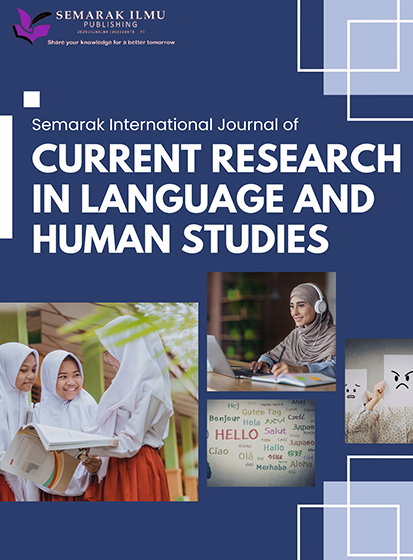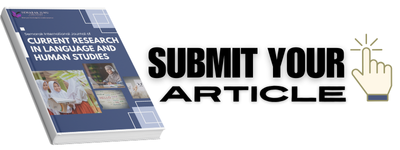Employment and Education Barriers: Examining the Socioeconomic Impact of Restricted Rights for Refugees and Migrants in Malaysia
DOI:
https://doi.org/10.37934/sijcrlhs.2.1.2738Keywords:
Refugee, migrant, employment laws, socioeconomic well-being, labourAbstract
In recent years, migration and refugee issues have emerged as critical concerns worldwide, with many individuals seeking improved opportunities and safety in new countries. This study will focus on the restrictions faced by migrants and refugees in Malaysia, specifically in the areas of education and employment, and how these limitations impact their daily lives and socioeconomic status. The research further examines Malaysia's social institutions and labor market to understand the broader systemic challenges. A detailed literature review provides insight into recent studies, evolving policies, and the prevailing labor laws, including key statutes like the Industrial Relations Act, Employment Act of 1955, and Immigration Act of 1959/1963, which regulate the privileges of non-citizens, particularly refugees. Using secondary qualitative data, this study includes in-depth interviews with Malaysian citizens and non-citizens, such as civil society activists, human rights advocates, and eminent lawyers, to draw informed recommendations. The interviews reveal significant barriers to education and employment, contributing to socioeconomic exclusion that destabilises the well-being of migrants and refugees. The findings highlight constraints caused by the lack of educational opportunities and work permits, resulting in limited upward mobility, poverty, and marginalization. This study concludes with policy recommendations advocating for the integration of refugees and migrants into Malaysia’s formal economy, emphasizing the benefits for both groups. Additionally, the results suggest the need for comprehensive economic and migration policies that acknowledge the role of migrants and refugees in national development.













